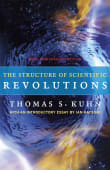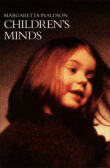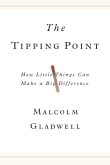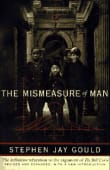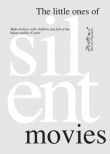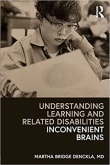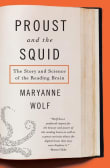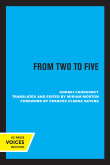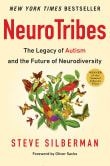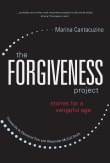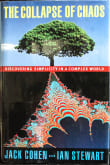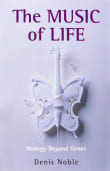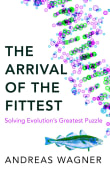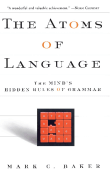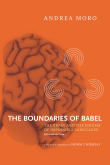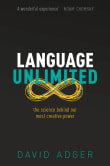The Language Instinct
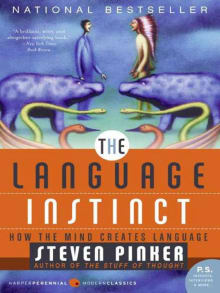
Book description
'Dazzling... Pinker's big idea is that language is an instinct...as innate to us as flying is to geese... Words can hardly do justice to the superlative range and liveliness of Pinker's investigations'
- Independent
'A marvellously readable book... illuminates every facet of human language: its biological origin, its uniqueness to…
Why read it?
6 authors picked The Language Instinct as one of their favorite books. Why do they recommend it?

I was captivated by the first chapter of this book, which summarises the case for considering language to be a human instinct. I love the way that it deploys rational thought and evidence in pursuit of intriguing 'grand theorizing'. It's a compelling read and expertly constructed introduction to the psychology (and sociology) of language. It is also a case study in how to build arguments.
The diminishing role of rational thought and evidence-based argument in the wider political sphere is one of the greatest threats to our world. So, when we read books like this, we are not simply making…
From Andy's list on introductions to psychology for non-psychologists.

This book is why I decided to become a professional linguist! It’s a classic: it set the bar high for writing about language in a way that’s scientifically accurate yet gripping.
I was utterly mesmerized by a myriad of things Pinker talks about, like Nicaraguan Sign Language, Broca’s area in the brain, and the workings of words like “riff-raff” and “ding-dong” (and why we don’t say “raff-riff” or “dong-ding”). I also love the author’s fascination with, and admiration for, the beauty and complexity of human language and of the human mind.
From Asya's list on how human language works.

An early book, it’s one of Pinker’s best. Though Pinker later argued for selfish-gene theory, here he avoids the issue, focusing instead on showing that our language ability is instinctive, for which there is powerful evidence.
Genetic memory is crucial. All that I’ve added in my own book is to emphasize that genetic memory is less like a blueprint and more like a set of self-assembling building blocks, responsive to environmental influences, and that for language those building blocks must have come from a multi-timescale process – genome–culture co-evolution – over millions of years. All this is invisible to selfish-gene…
From Michael's list on to get you past selfish-gene theory.
If you love The Language Instinct...

If you would like to know how children learn language and how it develops in their (and your) minds, then this book will interest you.
It will help you understand better what language is and how you use it. It will also help you to understand better how to help your children to learn and use language.
From David's list on for those interested in becoming engineers.

When a young person thinking about studying psychology asks me to recommend a single book to illustrate why I love the field of psychology, I always recommend this book. Steve helped to popularise scientific books about the mind at a time when fellow academics often looked down on popular science. Thankfully such books are now seen as vital outreach, ensuring research gets out of academia and into the wider public. This book takes one aspect of the mind – the uniquely human capacity for language – and looks at it from every angle, from neuroscience to evolution, and from clinical…
From Simon's list on exploring the human mind.

Steven Pinker’s The Language Instinct: How the Mind Creates Language, explains how children master language: “Pidgin,” a “rough jargon,” results when persons speaking different languages must communicate to accomplish work. Pidgin is transmuted into a full complex language in one fell swoop by a group, exposed at the age children acquire their mother tongue.” Amazingly, we watch complex language created “from scratch.”
The brain’s inherent wiring drives language acquisition. “Humans are so innately hardwired for language, they can no more suppress learning and using language than suppress the instinct to remove a hand from a hot surface.”* Sequencing language…
From Ann's list on how infants and toddlers develop literacy.
Want books like The Language Instinct?
Our community of 12,000+ authors has personally recommended 100 books like The Language Instinct.

